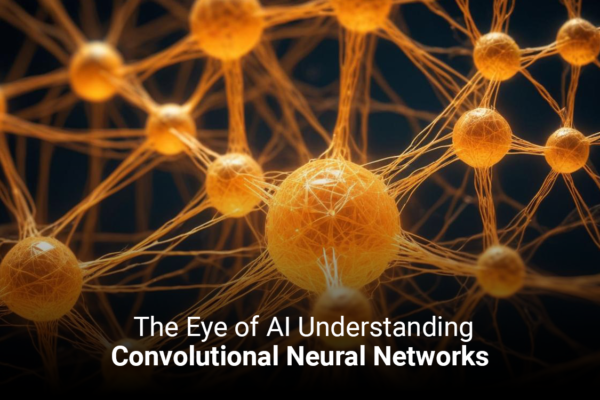Establishing a robust foundation of trust is essential for embarking on the ambitious path toward a sustainable future driven by technology’s vast potential. A lack of technological confidence seems to be influenced by cultural attitudes toward emerging innovations.
In AI, the concept of relational trust has emerged as a pivotal element shaping the dynamics between humans and AI. As AI permeates various aspects of our daily lives, from virtual assistants to decision-making algorithms, understanding and establishing relational trust becomes essential for harmonious interactions.
Understanding Relational Trust
Relational AI refers to the confidence and reliance that individuals place on AI. It involves a deeper faith in the intentions, integrity, and dependability between humans and AI. Relational trust is especially crucial in technology, where users need assurance that the AI systems they engage with are capable and aligned with their values and expectations.
Relational trust in AI goes beyond mere technical functionality. It delves into the intricate web of human-machine relationships, emphasizing the need for users to feel confident, secure, and understood when engaging with AI technologies. Trust is about the reliability of algorithms, accountability, and ethical considerations embedded in the AI systems.
Why Relational Trust is Vital in AI
Relational trust is pivotal in AI, and these reasons make it indispensable in this space.
User Confidence & Effective Collaboration
You will adopt and embrace AI technologies if you trust them. Relational trust establishes confidence in the AI system’s capabilities, promoting increased acceptance and usage. It also fosters collaboration between human and AI systems. When you trust AI will perform as intended, you will engage cooperatively, leading to practical outcomes.
Mitigation of Skepticism & Reduced Resistance to Change
AI often generates apprehension and skepticism among users. Building relational trust serves as a countermeasure, alleviating fears and fostering a positive perception of AI’s potential benefits. Through establishing trust, you are more open to change and innovation, facilitating a smoother transition to AI-driven solutions.
Innovation & Long-term Sustainability
Relational trust is crucial for the long-term sustainability of AI technologies. As you and your stakeholders trust the technology’s capabilities, you will invest more time, resources, and efforts into exploring new possibilities. It also fosters the long-term sustainability of AI technologies. Building trust builds a positive relationship between you and AI systems, contributing to continued support, development, and refinement.
Cultivating Relational Trust in AI
Cultivating relational trust in AI involves employing strategic approaches. Here are some working strategies for building and nurturing faith in AI:
User Education & Explainable AI(XAI)
Provide educational resources to help users understand AI concepts, terminology, and its implications, empowering you to make informed decisions. Create user interfaces that facilitate interaction and engagement, giving you more control over AI recommendations and outputs.
Use AI models that are interpretable and explainable so that you understand the rationale behind AI-generated decisions. Further, you can incorporate interactive tools to illustrate how AI models arrive at specific conclusions, promoting transparency.
Human-AI Collaboration & Regular Audits
Involve users in AI development, adding their perspectives to create AI systems that align with user values. Integrate human oversight into AI processes, particularly in critical decision-making scenarios, to ensure accountability and reinforce trust. Conduct regular audits of AI algorithms to assess their performance, identify potential issues, and provide ongoing alignment with ethical standards and user expectations.
Transparent Communication & Adherence to Regulations
Provide transparent explanations about how AI algorithms work, ensuring users understand the technology’s functionality clearly. Communicate the limitations and potential biases of AI systems to manage user expectations. Ensure strict compliance with data protection laws, industry standards, and ethical guidelines, demonstrating a commitment to responsible AI development and deployment.
Conclusion
Cultivating relational trust in AI is responsible for integrating technology into various facets of your business. It empowers users to understand, control, and contribute to the evolution of AI systems. Addressing concerns can foster a positive relationship with users, facilitating a more seamless adoption of AI technologies. As AI advances, the trust forged between users and AI systems will influence the technology’s acceptance and drive innovation and progress. It will contribute to a future where technology is a trusted ally, enhancing our businesses, lives, and society.























